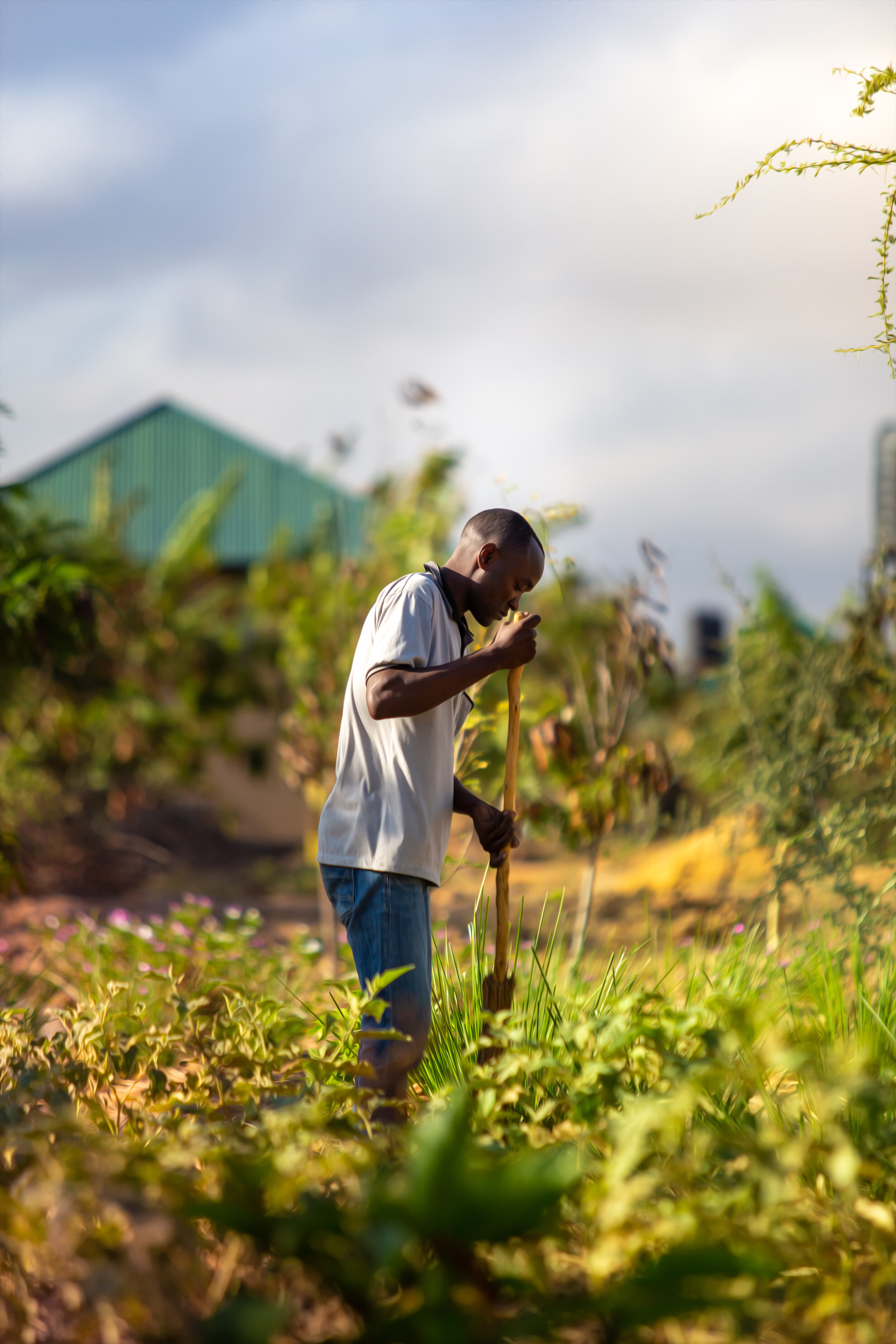
What is Permaculture?
Permaculture is a set of design principles centered on whole systems thinking, simulating, or directly utilizing the patterns and resilient features observed in natural ecosystems. It uses these principles in a growing number of fields such as regenerative agriculture, rewilding, and community resilience.
The term permaculture was coined in 1978 by Bill Mollison, senior lecturer in Environmental Psychology at University of Tasmania, and David Holmgren, then a graduate student at the Tasmanian College of Advanced Education's Department of Environmental Design. It originally meant "permanent agriculture", but was expanded to stand also for "permanent culture", since social aspects were integral to a truly sustainable system as inspired by Masanobu Fukuoka's natural farming philosophy.
It has many branches including ecological design, ecological engineering, regenerative design, environmental design, and construction. Permaculture also includes integrated water resources management that develops sustainable architecture, and regenerative and self-maintained habitat and agricultural systems modelled from natural ecosystems.
Mollison has said: "Permaculture is a philosophy of working with, rather than against nature; of protracted and thoughtful observation rather than protracted and thoughtless labor; and of looking at plants and animals in all their functions, rather than treating any area as a single product system."
On our farm we try to incorporate permaculture principles and techniques that run well with our Christian vision of honoring God in all we do, and caring for all of God’s creation.
